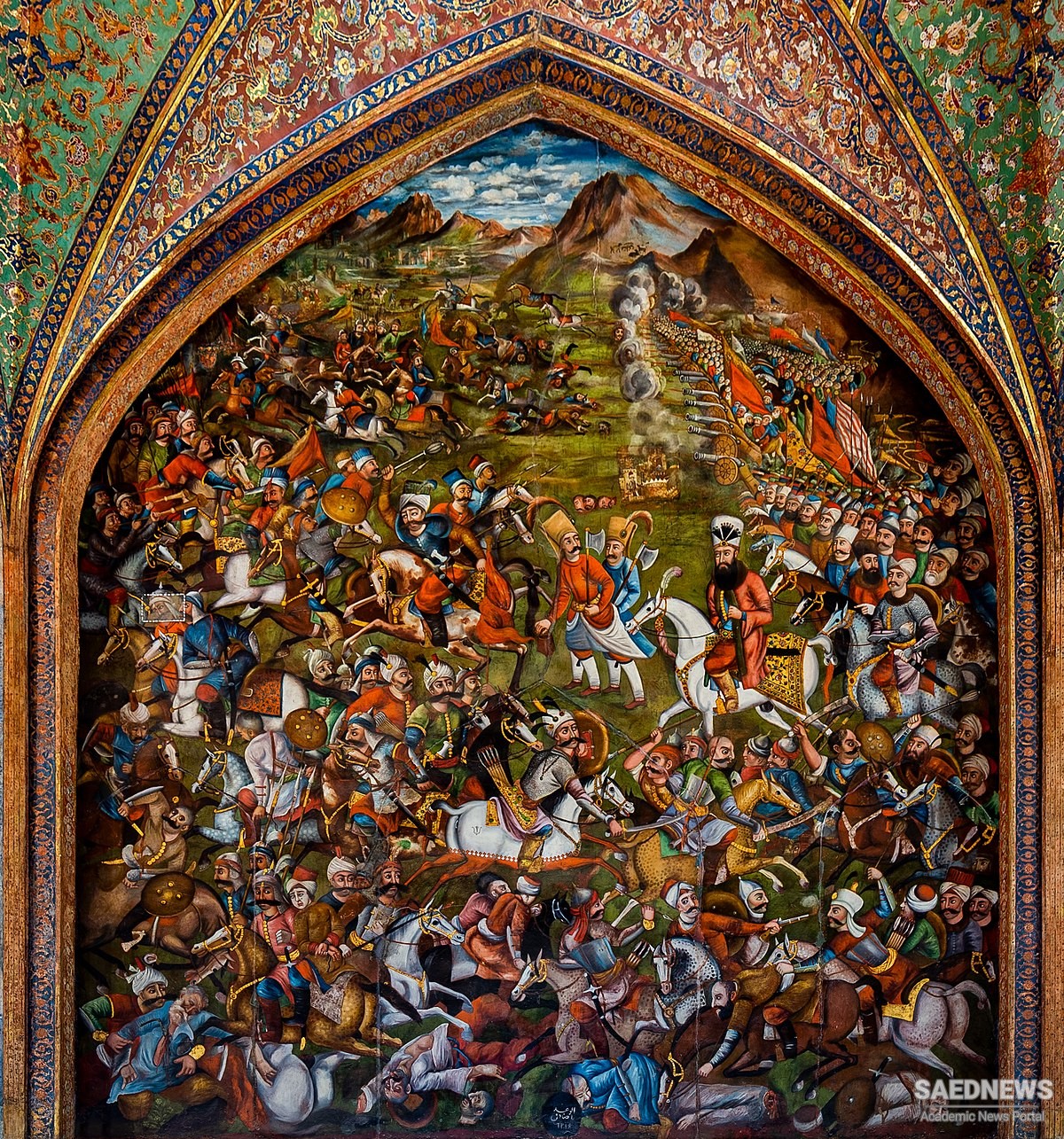A significant factor that contributed to the consolidation of the Iranian state was hostility toward the Ottoman Empire. The early conflicts with the empire assisted the process of differentiation and consolidation of the nascent Iranian state. It is interesting to note that a prolonged absence of conflict with the Turks at a later date was regarded by at least one historian as a cause of general internal decay in Iran : Persia never enjoyed a more perfect tranquility than in the beginning of the present [the eighteenth] century. The treaties she had concluded with her neighbors were perfectly observed and secured her against any foreign invasions ; whilst the effeminacy and luxury of her inhabitants, the ordinary consequence of a long peace, left no room to apprehend any danger from the ambition of her own subjects. This monarchy, which had suffered so many revolutions in past ages, seemed to be settled on a solid foundation when the news of its subversion surprised the world. The most important and lasting peace contributing to Iranian complacency was concluded with the Ottoman Empire in 1639. The treaty of that year provided for "a perpetual peace” for the first time. It ended more than a century-old state of war between Iran and the empire. Doubtless the inconclusive hostilities were a severe drain on Iran’s human and material resources, but at the same time these early wars assisted in unifying Iran (Source: The Foreign Policy of Iran).


 Dawn of Modern State and Foreign Policy in Persia
Dawn of Modern State and Foreign Policy in Persia














































